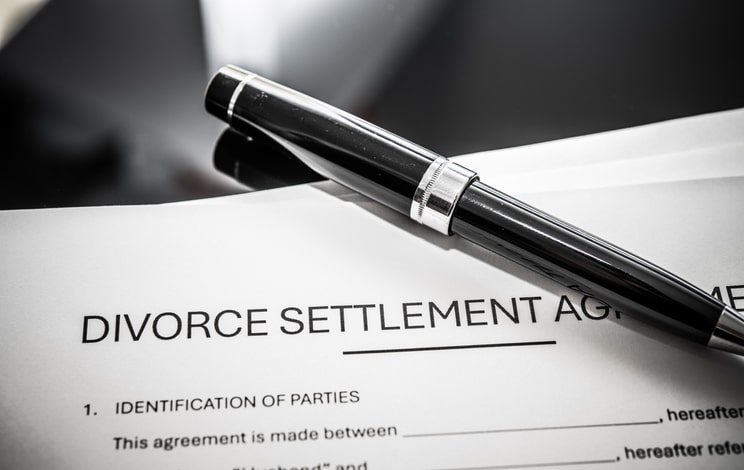
What Happens If Settlements Cannot Be Reached During Family Law Mediation in Florida?
|Participating in family law mediation is a legal requirement and a beneficial process. The court typically mandates mediation before a case can proceed to trial, aiming to encourage the resolution of disputes in a less adversarial, more collaborative environment. This approach often leads to more amicable outcomes and reduces the burden on the judicial system.
Pre-Suit Mediation provides a structured setting where parties can negotiate settlements with the guidance of a neutral mediator, focusing on legally sound solutions that meet the best interests of all involved, particularly children.
The mediation mandate aligns with the court’s duty to promote fair and equitable resolutions in family law matters, ensuring that parties explore all avenues for agreement before litigation.
Beth Reineke, founder of Reineke Mediations, has been a licensed attorney in Florida since 1990. An experienced courtroom lawyer like Beth Reineke brings legal knowledge, financial experience, and practical insights to the mediation process that non-attorney mediators do not—helping couples resolve their differences outside of court.
The success rate of family law mediation can vary depending on various factors, such as the complexity of the issues and the parties’ willingness to negotiate. But, most cases settle at mediation.

However, if your question is: What happens when settlements cannot be reached during family law mediation? We have answers.
What are the Next Steps if Florida Family Law Pre-Suit Mediation is Unsuccessful?
If settlements cannot be reached during pre-suit mediation, the dispute typically proceeds to the next phase of the legal process. In a divorce or custody case, a formal case is filed and the unresolved issues will be brought before a judge in court. The judge will hear arguments and evidence from both parties and make legally binding decisions on the contested matters.
However, even when mediation is unsuccessful, the time and effort invested in the process are not wasted; pre-suit mediation can help clarify the issues, narrow down areas of disagreement, and improve communication between the parties. This groundwork can make the subsequent court proceedings more focused and efficient.
Parties should be prepared to provide comprehensive documentation and legal arguments to support their positions in court. This preparation is crucial, as the court proceedings can be more time-consuming, expensive, and adversarial than pre-suit mediation. Additionally, seeking the guidance of a family law litigator to navigate the complexities of the litigation process is highly recommended.
Whether both parties live in Florida or one person lives out of state or country, our skilled mediator, Beth Reineke, offers the flexibility of in-person and virtual alternative dispute resolution (ADR) sessions. These pre-suit sessions facilitate productive discussions between couples, helping them reach mutually acceptable solutions outside the courtroom.
Contact Beth Reineke to discuss whether your family law needs are a good fit for pre-suit mediation or another form of alternative dispute resolution during a free phone consultation.


